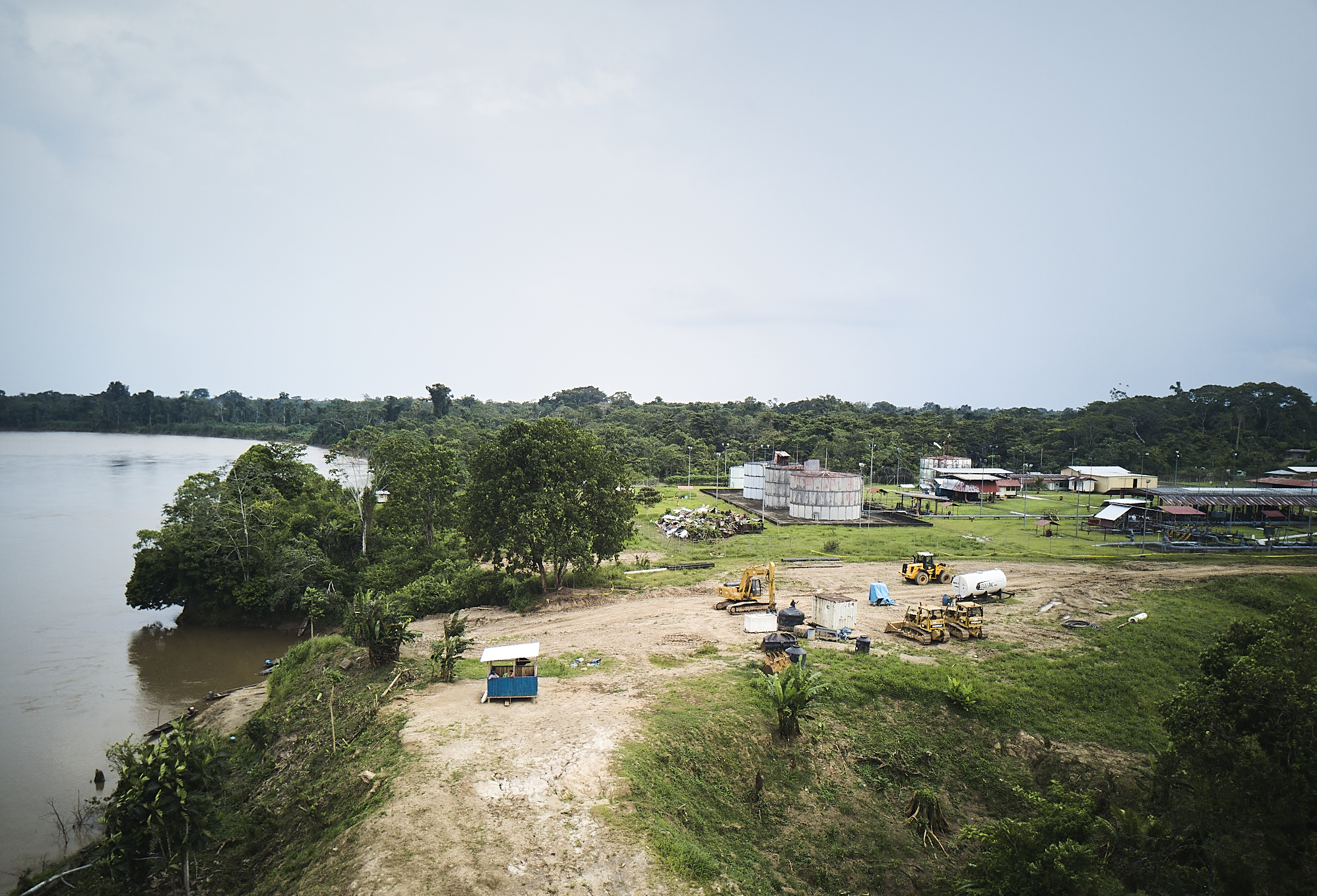
It is undeniable that the social conflict that has occurred in Peru in recent months has had consequences in the economic, political and social spheres. In fact, the Government of Dina Boluarte is presented as a continuity in the weakening of the rule of law and its accountability mechanisms; a democratic fatigue and constraint on political and civil liberties; and a citizen distrust towards the public, since the cases of corruption have not been stopped, nor have they been resolved. All this, expressed in the majority rejection of the citizenry, and in what Vergara has defined as “barbarism”, or Méndez as “21st century fascism” in Peru.
In the recent report of the Inter-American Commission on Human Rights (IACHR) on the social protests that took place against the Boluarte government, it pointed out that there were structural problems in Peru such as discrimination and inequality towards indigenous peoples and local communities. This situation is expressed in an extractivist model that does not widely generate economic benefits for these citizens, but rather, on the contrary, does not recognize their rights to participate in the management of natural resources or ensure their environmental rights, generating socio-environmental conflicts and cases of unresolved contamination.
This IACHR report should have allowed for further reflection on how these social protests can be addressed with improvements to the extractive model in Peru. However, the Government and the business sector were only strongly rejected, accusing the IACHR of “biased”, “ideological obtuse”, “bold ignorance”, and even obstinacy, which clearly expresses the problems of inequality and discrimination that we experience. This phase of denial, which does not propose any type of political dialogue, but instead shows a stubbornness to continue with an economic model that deserves changes and improvements, which seems to be focused on preserving privileges, rather than understanding that for many of our compatriots something It hasn’t been working for a long time.
On the contrary, under a media troupe in some cases, and an uncritical silence in others, using the narrative of economic recovery and responding to unsatisfied social demands during the pandemic, the Legislative-Executive alliance has been promoting various legal reforms to control different autonomous constitutional bodies, and even restricting rights, the most serious of all being the outdated conservative dream of denouncing the Pact of San José.
In that same reform process, under the objective of facilitating investment, it is even intended to attack our natural heritage. The Mongabay platform had already warned of these legal changes and the Vigilante Amazónico portal prepared a table of proposals for legal reforms that would violate the rights of indigenous peoples and the conservation of Amazon forests, if these were approved.*
It is not that we are facing a comprehensive vision on the promotion of investments and the treatment of natural resources. But before a race of legal changes, where different economic and political elites are managing private interests that do not ensure the benefit of the entire community. At least, his speech intends to move in this area, but the technical evidence does not, so it is possible that environmental risks continue to grow, as in recent years.
These reforms end up being the evidence that the IACHR was required in its report regarding the so-called “extractivist model” and its negative effects. Each of these legal proposals intends to make changes under the guiding thread of facilitating investment, ergo it will bring more wealth. But this relationship is not that mechanical, because although Peru has grown, it has not been possible to ensure that said growth is more inclusive, more equitable and more sustainable for all.
Finally, in an article by Barrenechea and Vergara they point out that democracy is not only threatened by the concentration of power, but also by its dilution, and an example is Peru. But aren’t we facing a recovery of the concentration of democratic power in Peru? Wasn’t there a correct constitutional succession? Did the Legislative and Executive Powers cooperate kindly and even complacently? Well no, since this concentration of power does not mean returning diluted power to the citizens, but to a kleptocracy interested in benefiting from it, under the discourse of a democratic recovery, meritocracy, the fight against corruption and providing better public services. . However, the political model and economic regime have not changed in substance, just so that today there are fewer freedoms, less participation and fewer guarantees for sustainability and that the political community continues to benefit from the way of doing business to which they are used to in recent decades.
Cesar Gamboa Balbin
Law, Environment and Natural Resources
[PUBLIRREPORTAJE]
Source: Larepublica
Alia is a professional author and journalist, working at 247 news agency. She writes on various topics from economy news to general interest pieces, providing readers with relevant and informative content. With years of experience, she brings a unique perspective and in-depth analysis to her work.











